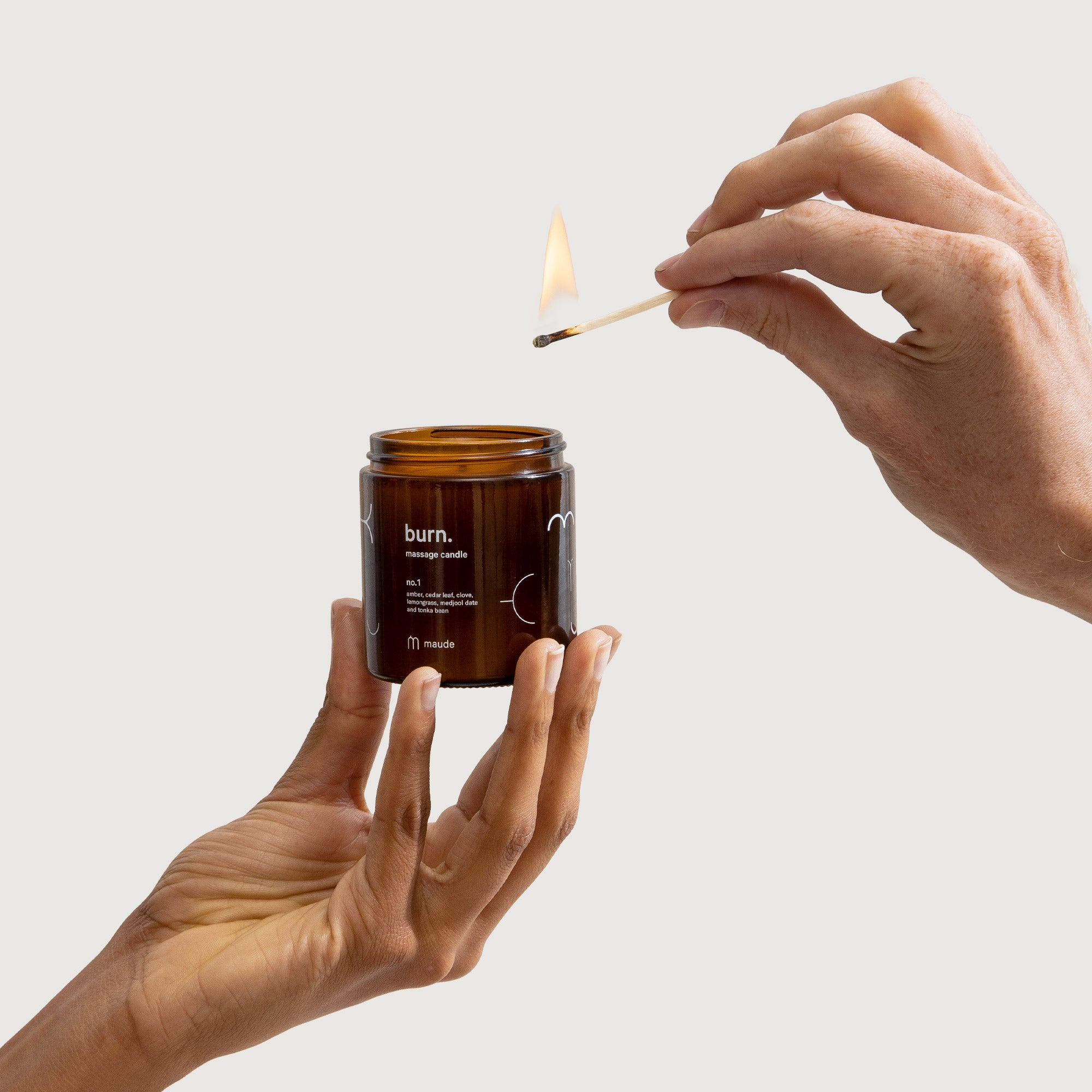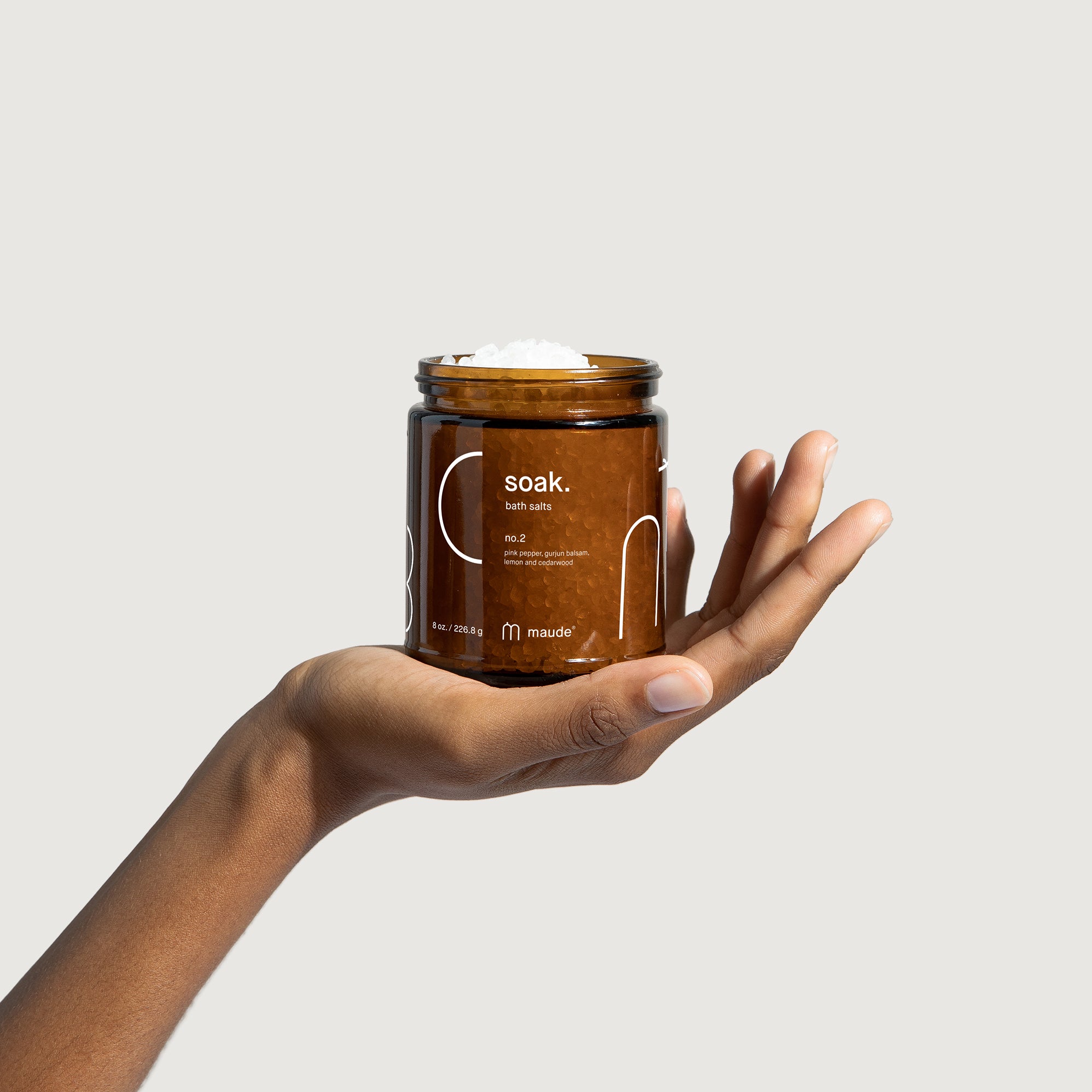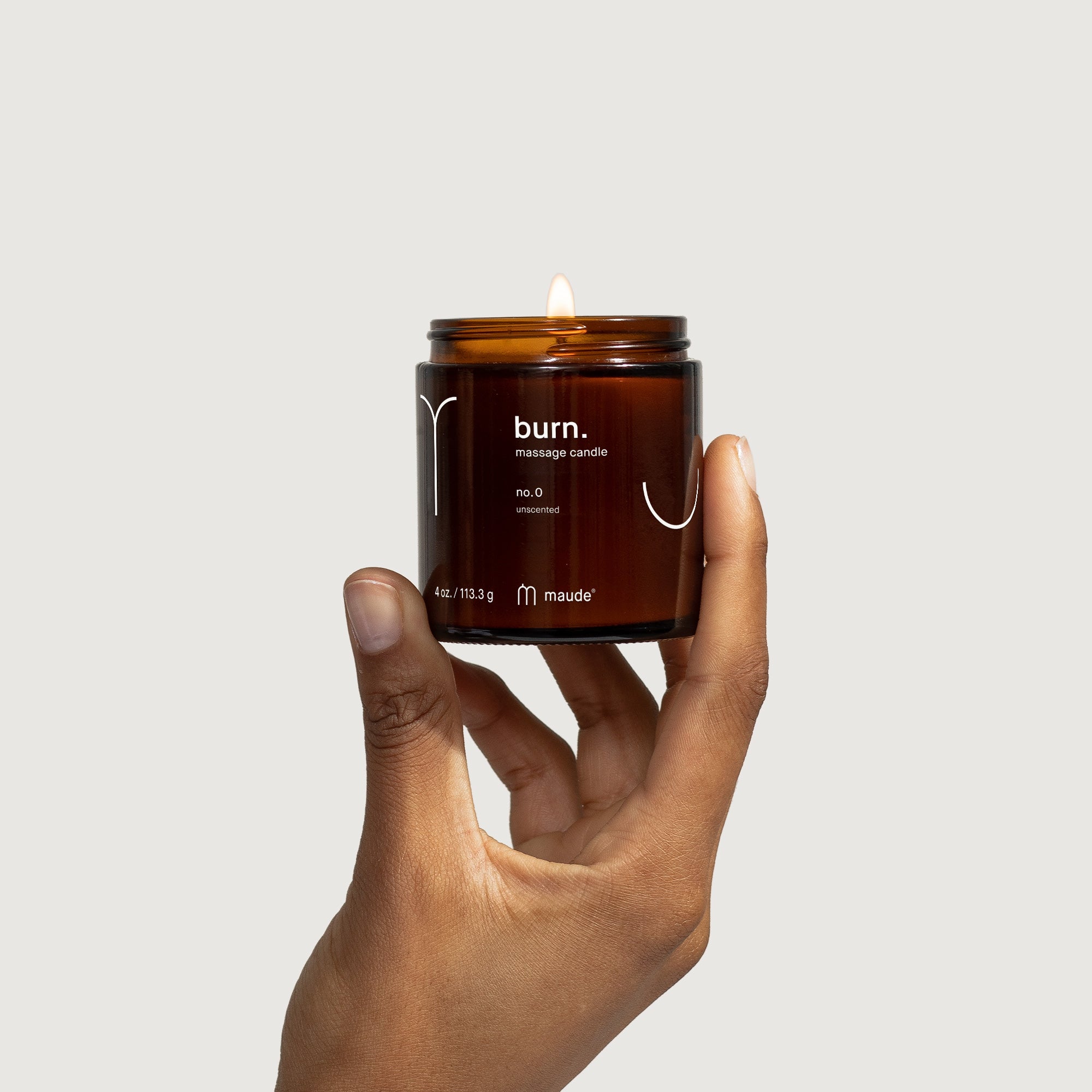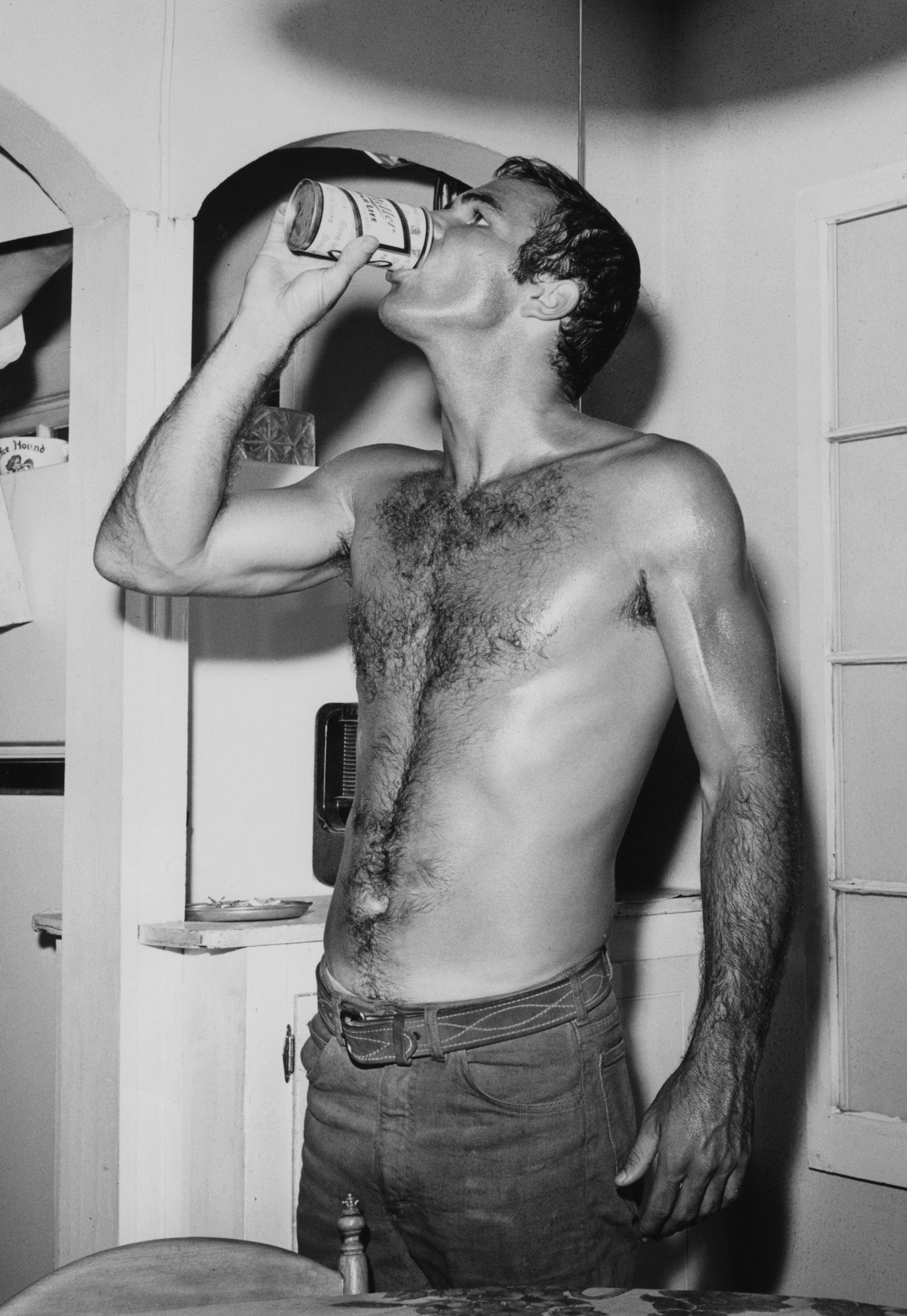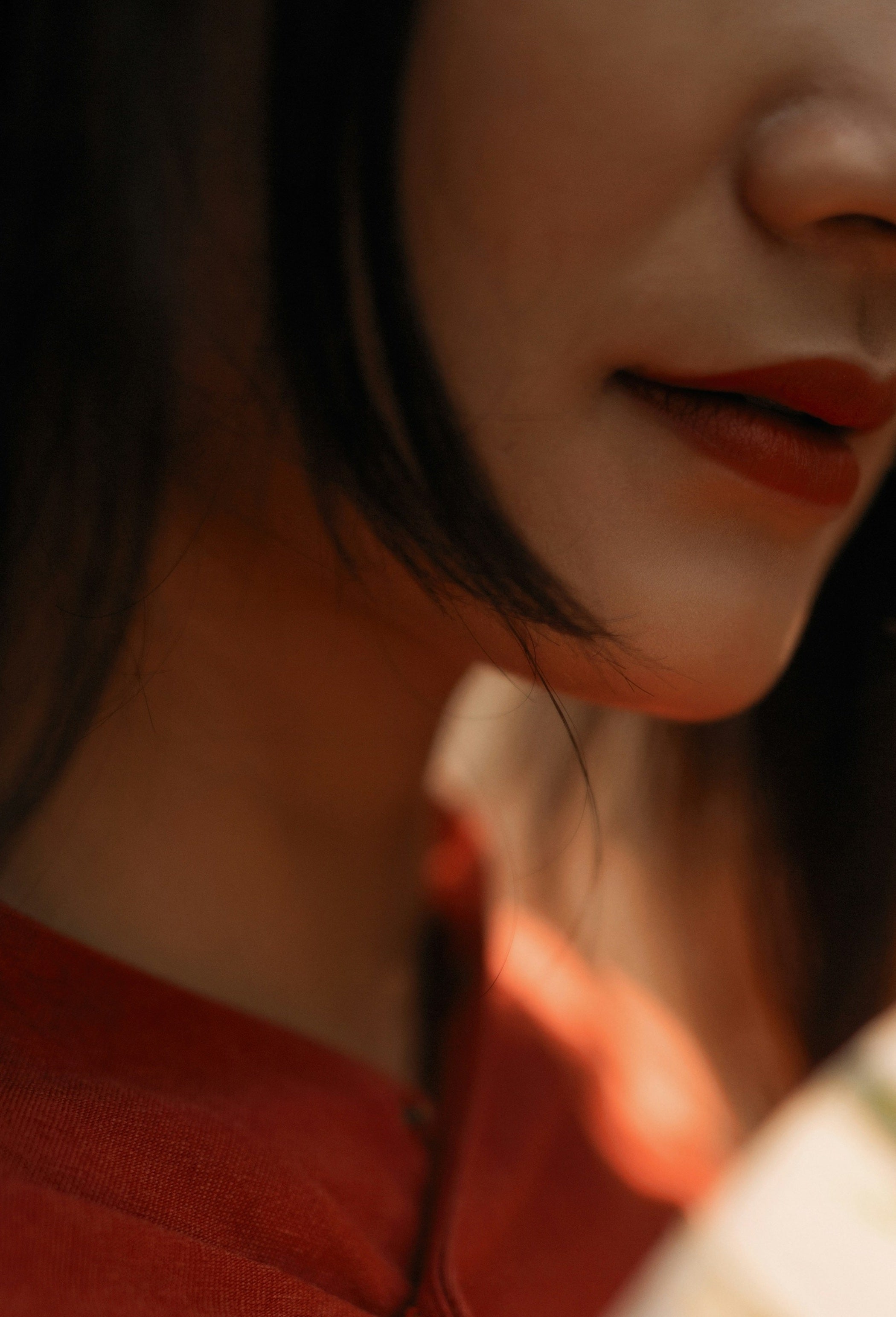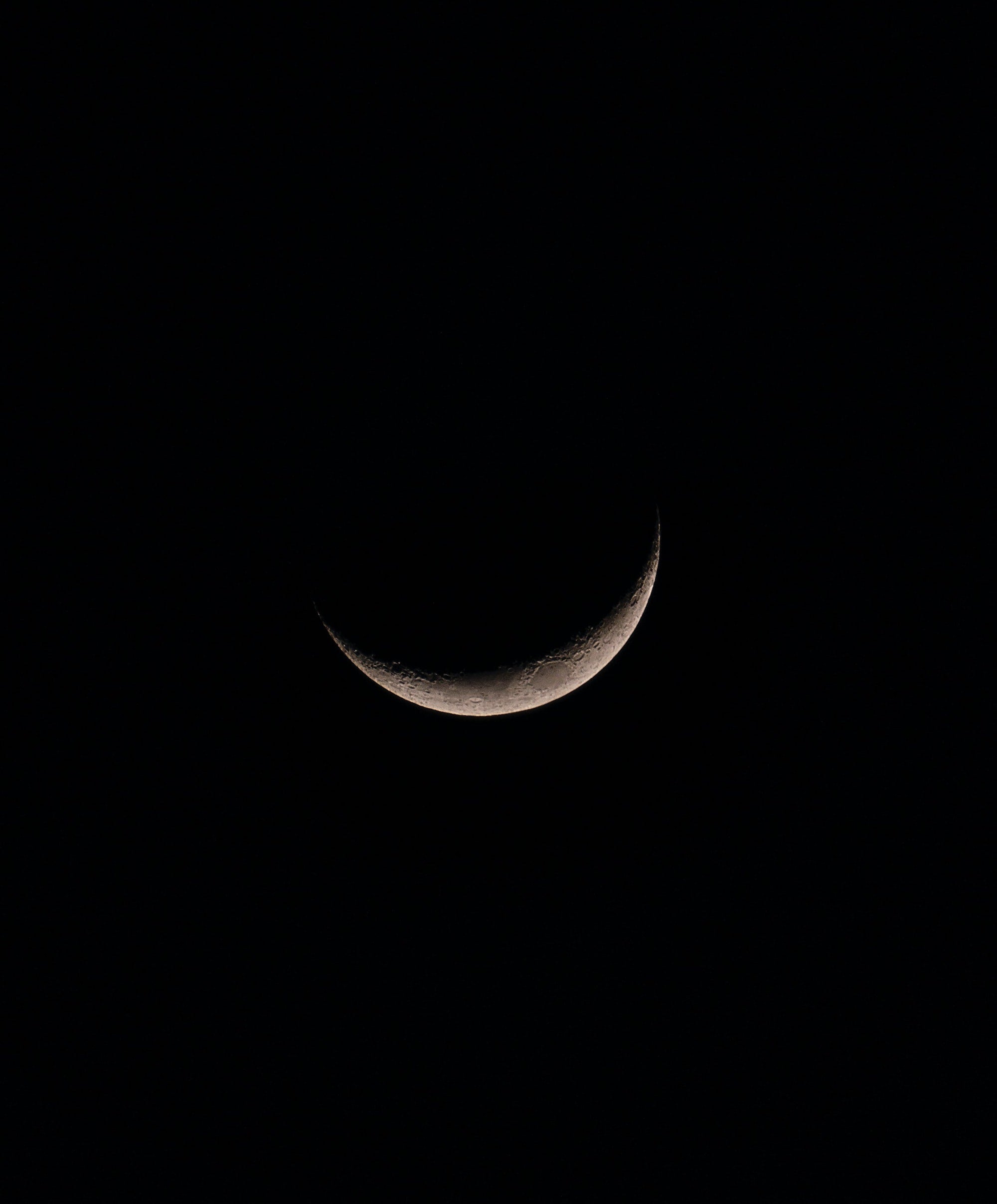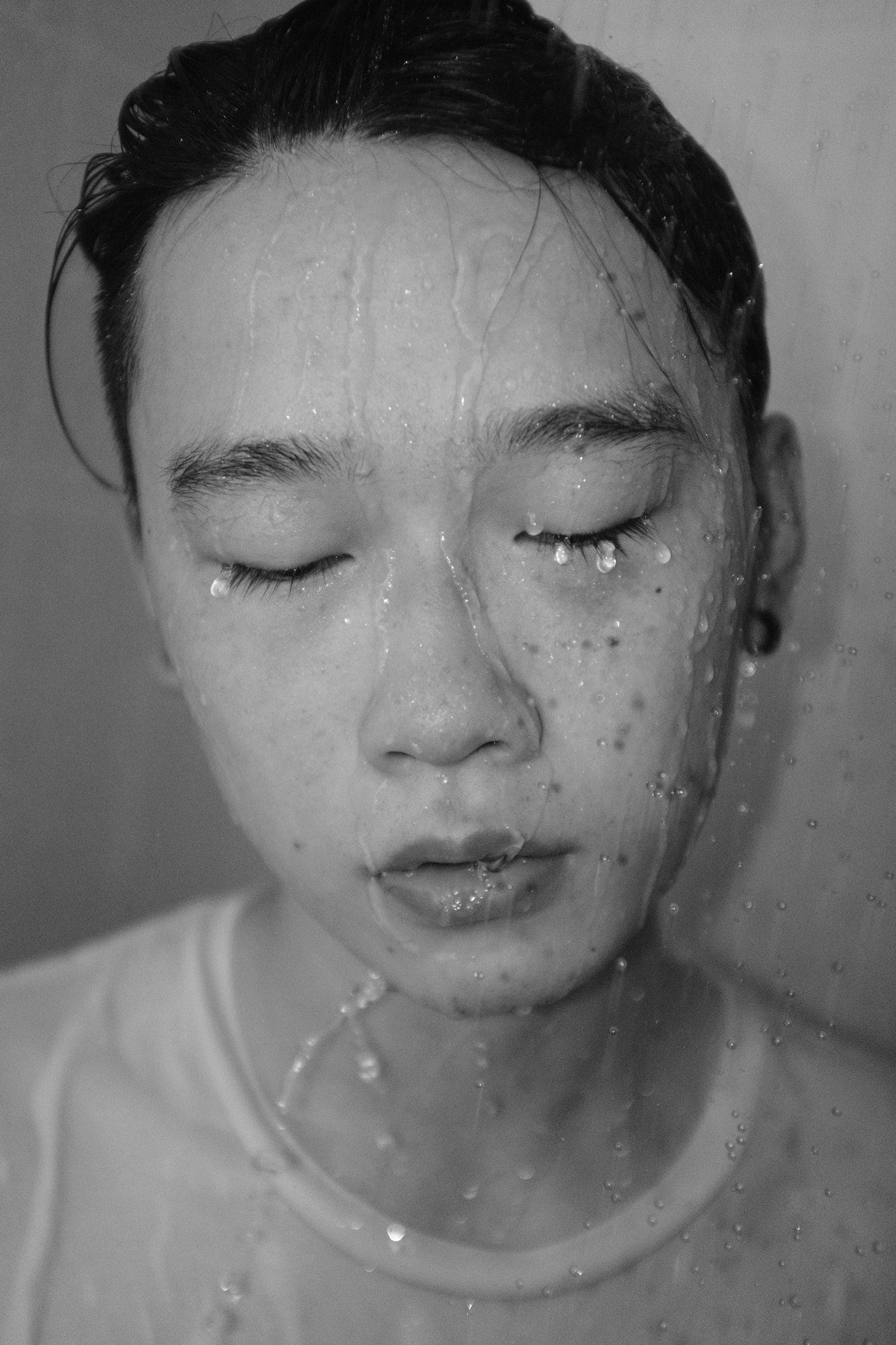Do gentlemen actually prefer blondes?

On hair color and attraction—the truth behind the idiom.
Type the words “do gentlemen” into your google search bar, and the first two suggested queries will populate as follows: “do gentlemen exist?” and “do gentlemen really prefer blondes?” –– both entirely valid, philosophical inquiries in their own rite. For the moment, we’ll leave the former to you and your cohort to debate, but when it comes to the latter, we do have some insight.
For time immemorial, the “gentlemen prefer blondes” clause has been tossed around offhandedly. And its idiomatic origins lie in the early 20th century. In 1923, Anita Loos released a popular, eponymous novel, which was adapted for the screen in 1928. And the film edition of “Gentlemen Prefer Blondes” was an instant hit, starring Marilyn Monroe, Jane Russell, and Charles Coburn. But, like with so many idioms, the actual birthing place of the phrasing faded into obscurity, and instead, the statement lived on as its a free-standing pseudo-fact.
That said, if you’ve ever discussed the matter with the so-called “gentlemen” in your life, it’s unlikely that they’ll support the theory. “Blonde” is no more fundamentally synonymous with “attractive” as “brunette” is with unattractive (think: aesthetic icons like Audrey Hepburn, Tom Selleck, Zoe Kravitz). But the lingering prevalence of the phrase does still beg the question: Do gentlemen, in some primal deep-set brain space, actually prefer blondes?
Well, in recent years, sociologists and psychologists have set out to determine just that. And an early aughts study published in the Journal of Social Psychology determined, using a sample size of 110, that in the majority, dudes do go for flaxen hair. To conduct the study, researchers from the Augsburg University in Minnesota showcased photos of women with black, brown, and blond hair, all at varying lengths, and asked the participating men to rate each based on health, age, physical attractiveness, relationship potential, and parenting capability. Now, we’re certainly not saying we condone this study –– or the utter simplification of the bracketed terms. But we are offering you the intel: Apparently, the men in question found the blonde models more attractive overall. But on a closer level, they also perceived them as both younger and healthier. And in some sense, this does have some evolutionary logic to it: As women age, their hair typically darkens. So lighter hair can theoretically be viewed as a sign of fertility –– which is biologically enticing.
A later study in London, according to Psychology Today, employed the same woman –– in the same outfit –– as a control. This particular woman frequented various nightclubs, within the same time slot, shifting her hair color from brown to red, to blonde, in the hopes of gauging whether one particular hair color pushed men to approach her more frequently than the others. And in the end, surprisingly enough, she did, find that men made more advances when she presented as a blonde.
Of course, these are all relatively inconclusive conclusions in the realm of science. And while there are plenty more historical factors (the ancient Greeks prized blonde hair) alongside biological, fitness-related implications (blonder hair may imply healthier exposure to the sun, and a more pristine sense of “purity” in the white wedding dress sense), there is more than enough evidence to the contrary. So regardless of the pop-psychology studies of this particular genre, know that the idiom itself comes from a work of fiction (literally) –– and that “gentlemen” on the whole surely do not agree on anyone, premiere element of attraction.
